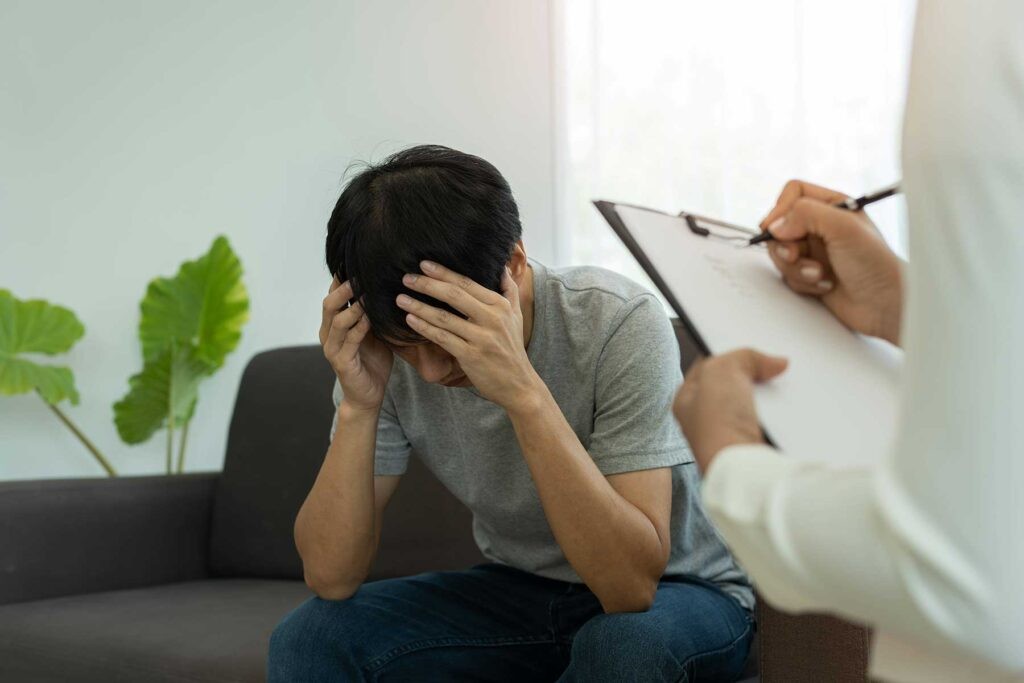Safe Alcohol Detox: Medical Supervision vs At Home Methods and When Each Is Appropriate

Alcohol detox isn’t just uncomfortable—it can be dangerous without the right support. If you or someone you love is thinking about quitting alcohol, it’s important to understand the safest way to do it. While some people try to detox at home, others require medical supervision. Knowing the difference could literally save a life.
Let’s explore what happens during alcohol detox, the risks involved, and when each method—at-home or clinical—is appropriate. You’ll also learn how tools like A Better Boat can help with detoxing from alcohol and guide you through the transition to long-term recovery.
What Happens During Alcohol Detox?
When someone stops drinking after prolonged or heavy use, their body goes through withdrawal. This process can trigger a range of symptoms—from mild anxiety and shakes to severe complications like seizures or delirium tremens (DTs). Detox is the first step to recovery, but it’s also the riskiest. That’s why it’s critical to approach it with care.
Why Medical Supervision Matters
Medically supervised detox takes place in a controlled setting—usually a rehab facility or hospital—under the care of doctors, nurses, and addiction specialists. The main goals are to keep the person safe, reduce symptoms, and prevent complications.
In these settings, patients might receive medications to ease withdrawal, fluids to prevent dehydration, and 24/7 monitoring to catch any signs of distress. If things escalate fast (and sometimes they do), trained staff can act immediately.
This approach is ideal for people who:
- Have been drinking heavily or for a long time
- Have tried detoxing before and relapsed
- Have other health conditions (like high blood pressure or diabetes)
- Show signs of severe withdrawal, like hallucinations or seizures
Risks of Detoxing at Home
At-home detox may sound appealing—especially for those who want privacy or can’t afford time away from work or family. But it’s not always safe. Without medical support, symptoms can spiral quickly. Severe cases can turn life-threatening in a matter of hours.
That said, some people can detox safely at home—but only under certain conditions. It might work if:
- The person drinks moderately and doesn’t have a long history of alcohol use
- They’ve gone through detox before with mild symptoms
- They’re not mixing alcohol with other drugs
- They have a strong support system and can check in with a healthcare provider
Still, anyone considering this route should talk to a doctor first. Some treatment centers even offer outpatient detox programs, blending professional oversight with the comfort of home.
Key Signs You Need Medical Detox
Not sure whether you or your loved one should seek medical care? Look out for these warning signs:
- Rapid heart rate
- Confusion or disorientation
- Hallucinations
- Excessive sweating or shaking
- History of seizures during withdrawal
- Trouble breathing or extreme agitation
If any of these symptoms are present, don’t wait. Head to a treatment center or emergency room.
How A Better Boat Can Help?
Whether you choose at-home detox or medical care, support is critical. That’s where A Better Boat steps in. Our app connects people across Texas with professional case managers who provide real-time guidance, emotional support, and practical planning.
Once detox is complete, staying clean becomes the next big challenge. A Better Boat helps with detoxing from alcohol by making the post-rehab transition smoother. Users can schedule check-ins, upload prescriptions, and access housing or job support—all from their phones.
It’s not just about quitting alcohol. It’s about rebuilding your life with the right tools, community, and care.
Blending Both Approaches
Some people start with medical detox and finish at home under outpatient care. Others begin at home and later seek professional help if symptoms worsen. There’s no one-size-fits-all answer—but every recovery path should be tailored to the person, not just the problem.
Apps like A Better Boat allow you to personalize your recovery journey. Whether you’re at home or in a facility, you’ll always have a trusted contact just a click away.
FAQs
Q1: Can I detox from alcohol safely at home?
It depends on your drinking history and health status. Always talk to a doctor before attempting detox at home.
Q2: How long does alcohol detox last?
Most people feel the worst symptoms within 48 to 72 hours, but some effects can linger for a week or more.
Q3: Is relapse common after detox?
Yes, especially without ongoing support. That’s why post-detox planning is just as important as the detox itself.
Final Thoughts
Alcohol detox is never something to take lightly. Whether you need the safety of a medical setting or can manage at home with guidance, what matters most is having a plan—and sticking to it. Tools like A Better Boat offer more than help with detoxing from alcohol. They provide a bridge from treatment to everyday life.
Don’t go through this alone. Download the A Better Boat app today and start your recovery journey with expert guidance, real support, and a team that truly cares. Detox may be step one—but your better life starts now.